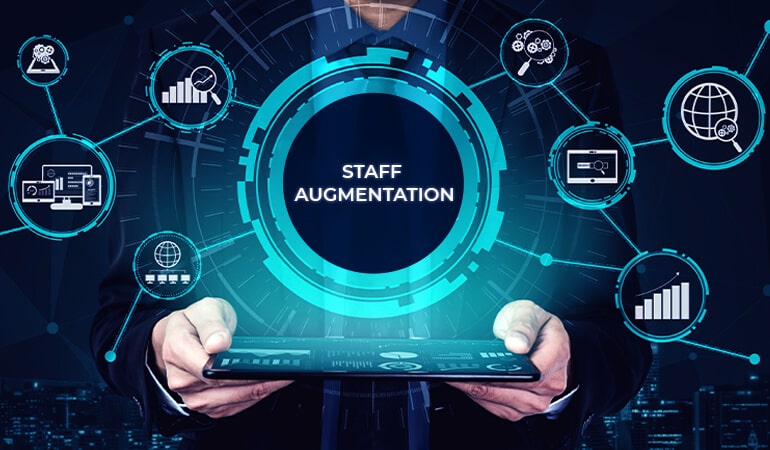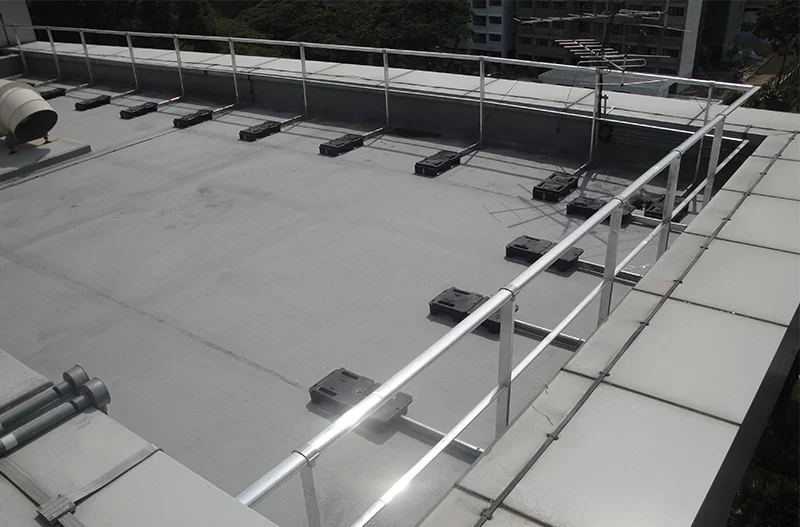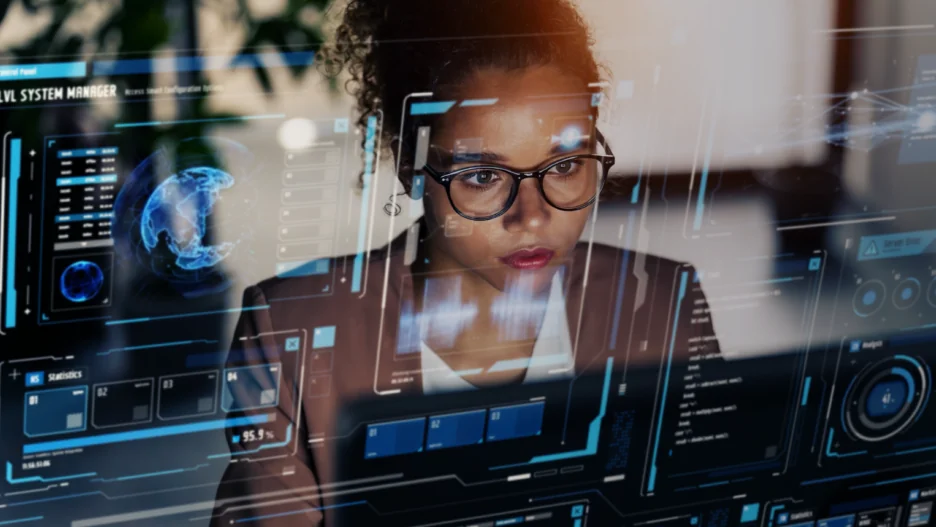Why High Ticket Closing Demands a Unique Skillset
To excel at high ticket closing, a salesperson must recognize that this field operates differently from traditional sales. While conventional transactions might involve short conversations and price-focused discussions, high-value deals rely on strategic depth. These clients are often executives, entrepreneurs, or individuals with significant purchasing power. They expect more than a pitch—they expect insight, authority, and a clear understanding of their unique challenges. Closing a high ticket deal requires balancing professionalism with authenticity, where every word and action influences trust. Unlike lower-value sales, a misstep here can cost tens of thousands of dollars. That is why developing a distinctive approach specifically designed for high ticket opportunities is crucial. Those who master this art often discover not only greater earnings but also stronger reputations and long-term partnerships.
Building the Mindset to Excel at High Ticket Closing
The mindset behind high ticket sales is what separates amateurs from professionals. Confidence becomes more than just a trait; it acts as the foundation for how a closer presents value. A client investing in a premium product or service expects certainty from the person guiding them. To excel at high ticket closing, a closer must shift focus away from simply pushing offers and toward solving real problems. This means valuing patience, listening, and understanding that a deal may take multiple discussions before a decision is made. Emotional control is equally important, as rejection and objections are part of the process. Instead of reacting defensively, top closers view challenges as signals to refine their message. Persistence without pressure is the hallmark of a professional who knows how to maintain credibility while staying proactive.
Essential Skills Every High Ticket Closer Needs
Beyond mindset, practical skills determine whether someone will succeed or struggle. Active listening allows a closer to uncover pain points that a client may not even fully articulate. Strategic questioning helps guide conversations to reveal deeper motivations, while adaptable communication ensures the message resonates with decision-makers of varying styles. To excel at high ticket closing, handling objections with confidence is essential, but it should be done without sounding defensive or desperate. Building credibility requires combining authority with empathy, which reassures the client that they are making the right investment. Strong negotiation skills, backed by value-driven reasoning, also play a role. When these skills work together, they form the toolkit of a professional capable of managing complex and high-stakes sales environments effectively.
Relationship Building as the Core of High Ticket Success
High-value deals do not happen without trust. A closer who prioritizes relationship building over hard selling often finds that clients feel more comfortable committing to larger investments. Rapport comes from genuinely caring about client outcomes, not just the commission. Techniques such as mirroring, storytelling, and shared experiences can create deeper emotional connections. To excel at high ticket closing, a professional must understand that affluent clients or executives are used to being approached constantly. What makes one closer stand out is the ability to show sincerity and deliver consistent value throughout the relationship. By positioning themselves as trusted advisors instead of mere salespeople, closers naturally influence decisions. Long-term relationships often lead to repeat business, referrals, and greater authority in the marketplace.
Strategies to Excel at High Ticket Closing Calls
Preparation is the starting point for every successful high ticket call. This means researching the client, their business, industry challenges, and potential goals before even beginning the conversation. Calls should be structured strategically, with a clear flow that guides the client from exploration to commitment. To excel at high ticket closing, recognizing buying signals—both verbal and non-verbal—is crucial for moving the conversation forward naturally. Silence and well-timed pauses can often be more persuasive than constant talking, as they allow clients to reflect and take ownership of the decision. Rather than forcing a close, professionals aim to guide the client to realize that the solution is the obvious choice. Every call is both a discovery session and an opportunity to demonstrate authority, so consistency in approach is critical.
Leveraging Value Over Price
When the stakes are high, price is rarely the deciding factor. Clients investing in high-value offers care more about outcomes, return on investment, and transformation than simple numbers. To excel at high ticket closing, a closer must shift the discussion toward the value being provided. This involves demonstrating how the offer solves the client’s most pressing challenges while highlighting long-term benefits. Anchoring the conversation on return rather than cost helps reduce resistance and eliminates the urge to negotiate on price. Premium services or products should not be discounted; doing so diminishes credibility. Instead, the conversation should establish why the client’s investment is not only justified but also strategically smart. By keeping the dialogue value-centric, closers elevate themselves from sellers to solution providers.
Mastering Follow-Up for High Ticket Deals
Rarely do high ticket deals close after a single conversation. Clients making large financial decisions want time to process, compare, and reflect. Effective follow-up is what keeps a closer relevant and professional in the client’s mind. The most successful follow-ups add value rather than pressure, perhaps by sharing insights, resources, or answering questions that demonstrate continued interest. To excel at high ticket closing, persistence must be balanced with professionalism. Tools such as CRM systems can help track client interactions and ensure no opportunity is lost. Timeliness is also vital; waiting too long to follow up can give competitors an advantage. When done correctly, follow-up becomes a natural part of the process that strengthens the relationship and increases the likelihood of closing.
The Role of Continuous Learning in High Ticket Closing
The sales landscape constantly evolves, and those who refuse to adapt quickly fall behind. Continuous learning is essential for anyone who wants to excel at high ticket closing over the long term. Reading books, attending workshops, and seeking mentorship from experienced professionals provide fresh perspectives and sharpen skills. Role-playing challenging scenarios with peers allows closers to prepare for objections before they arise. Keeping up with market trends also ensures that a closer’s knowledge stays relevant and authoritative. The best professionals embrace feedback, recognizing that there is always room for improvement. A commitment to growth not only improves results but also reinforces credibility with clients. By staying ahead of the curve, closers secure their position as trusted experts in high-value transactions.
FAQ Section
Q1: How long does it take to excel at high ticket closing?
It varies based on experience and dedication. Some professionals adapt within months, while others take years of practice. Consistency, learning, and exposure to real deals accelerate the process.
Q2: Do you need prior sales experience to succeed at high ticket closing?
Prior sales experience helps but is not mandatory. What matters most is mindset, communication skills, and the willingness to learn techniques specific to high-value transactions.
Q3: What industries benefit most from high ticket closers?
Industries such as coaching, consulting, real estate, technology, luxury services, and healthcare often rely heavily on high ticket closers. These sectors involve premium offers that require professional handling.
Q4: How do I overcome fear of rejection in high-value deals?
Fear of rejection decreases with preparation and confidence. Viewing rejection as feedback instead of failure allows a closer to refine their skills and approach with each interaction.
Q5: Is high ticket closing suitable for remote work?
Yes, many professionals now close high-value deals remotely. With strong communication skills, video conferencing tools, and structured approaches, remote closers can perform just as effectively as in-person counterparts.











